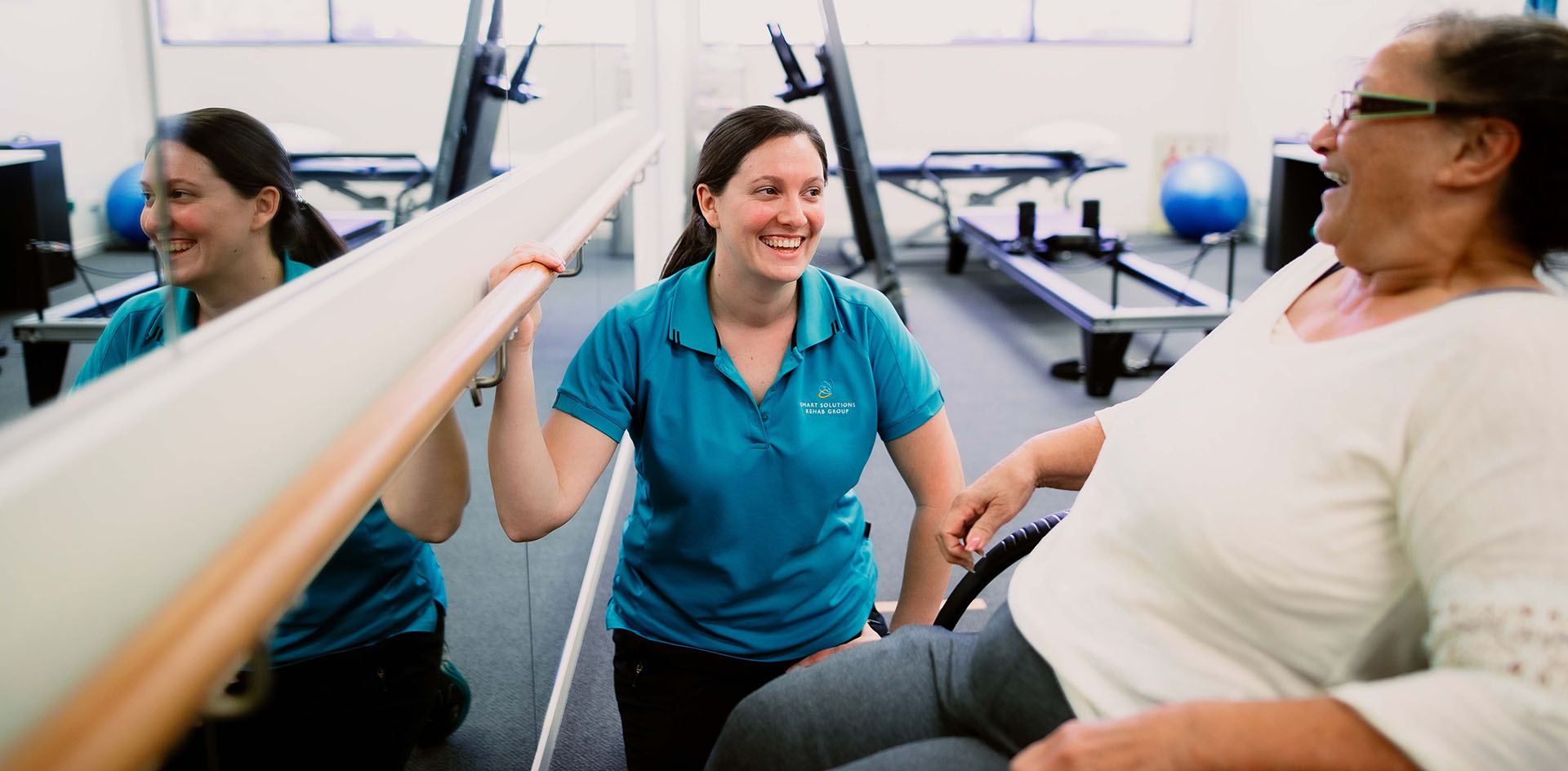Blog
Tag: assistive technology
-

Back to Basics: Physiotherapy
Read More: Back to Basics: PhysiotherapyWhat is a Physiotherapist? Physiotherapists possess in-depth understanding of the human body in terms of both structure and movement. This…
-

Back to Basics: Speech Pathology
Read More: Back to Basics: Speech PathologyWhat is a Speech Pathologist? Speech Pathologists are experts in communication. Their clinical role involves the study, diagnosis, and treatment…
-

Back to basics: 5 things you should know about occupational therapy
Read More: Back to basics: 5 things you should know about occupational therapyYou may have heard people talk about occupational therapy (OT), or maybe someone has even recommended you see an occupational…
-

Assistive Technology, Independence and Inclusion
Read More: Assistive Technology, Independence and InclusionWhat is Assistive Technology? Assistive Technology (AT) can constitute an integral part of the support framework that helps people living…
-

Diabetes Day
Read More: Diabetes DayWorld Diabetes Day – Occupational Therapy What is Diabetes? Diabetes is a chronic disease associated with abnormally high levels of…
-

Amputation
Read More: AmputationAmputation Awareness and Treatment Did you know: Someone will undergo an amputation every 30 minutes in Australia. Losing a limb…
-

Fragile X Syndrome
Read More: Fragile X SyndromeInherited Conditions with Fragile X Gene Fragile X-associated Disorders are a term given to a range of inherited conditions that…
-

Spine injuries
Read More: Spine injuriesSpinal Cord Injury and Assistive Technology Living with a spinal cord injury (SCI) can have a significant impact on a…
-

Autism
Read More: AutismWhat is Autism? Autism, or Autism Spectrum Disorder (ASD) is a diagnosis that refers to a broad range of symptoms…
-

Case Study – Power Wheelchair
Read More: Case Study – Power WheelchairMeet one of our participants with a great assistive technology outcome. Mrs. J is a local Sunshine Coast participant. She…
-

Global MND Awareness Day
Read More: Global MND Awareness DayMaximising Your Independence with Motor Neurone Disease (MND) Motor Neurone Disease (MND) is a progressive neurological condition that attacks the…

